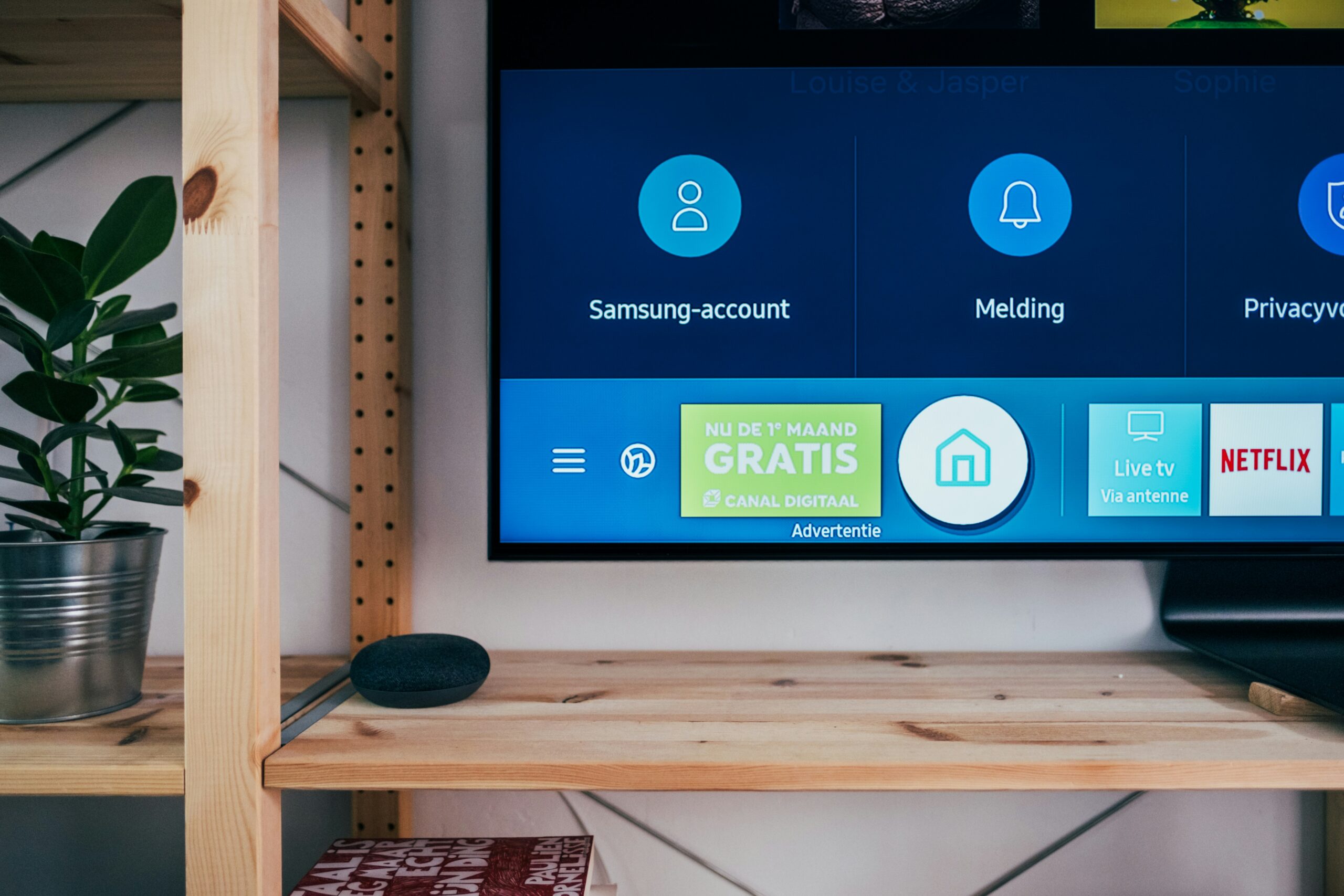Negotiation skills are the most powerful tools in your toolbox, because they help you cut costs and earn more money.
The easiest way to perfect this art is by starting small, then scaling up to bigger wins, which is what we’ll do in the following months. But today, you’ll start to get your feet wet by negotiating to lower your monthly bills.
Most people start paying for a subscription (gym, car insurance) and never check on it again. Any recurring expenses like your cell phone, cable and insurance, you should be looking for ways to get lower plans at least once a year. That means picking up the phone and negotiating.
People are more motivated by loss than by gain
Robert B. Cialdini talks about this in his book Influence: The Psychology of Persuasion — we are more motivated by loss than gain, meaning you’d rather not cancel something once you have it. “What if I miss something?” people wonder. Or, “Oh man, will I really have to research another service to make up for this?”
This is why companies love subscription fees – they get to take your money on a regular basis without you really thinking about it. So we end up signing up for things we think we need and pay more because we worry we’re going to miss some new feature. Of course, you can cancel it altogether — or you can optimize your spending with a couple hours of phone calls.
Treat everything like a test
When I signed up for a new cell phone plan, I picked the most expensive plan and set a calendar reminder to check in on it in 3 months. During that time, I tracked my usage and then downgraded accordingly.
You should do this with everything: your cable, Netflix, gym memberships, magazine and online subscriptions. The best time to do it is the month before you have to renew. That way you have all the power. You’ll have plenty of time to review your options and decide whether to switch services or not. And, because the company will want to keep you as a customer (remember, their customer acquisition cost is often in the hundreds of dollars), they’ll be more likely to give you what you ask for.
Most people will never cancel a plan, even when it comes to subscriptions they don’t use because, again, they are afraid of missing out on something. If you track your usage, then you have the advantage of making informed decisions based on facts rather than unfounded fear.
, Ramit Sethi

